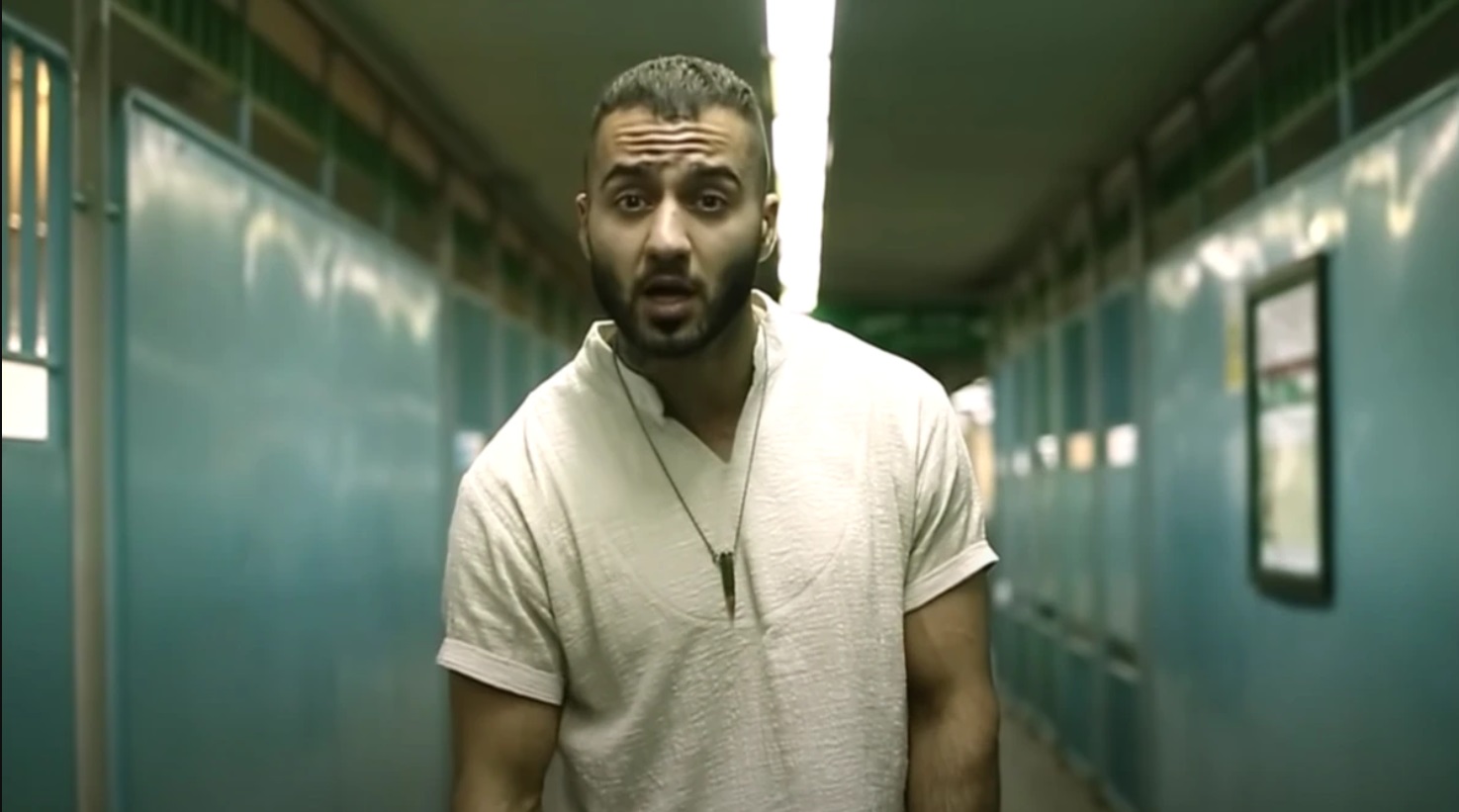Watan-In a move that sparked wide controversy in the country, the Revolutionary Court in Isfahan sentenced Iranian rapper and opposition figure “Tomaj Salehi” to death after accusing him of “spreading corruption on earth”.
The Iranian judiciary confirmed the ruling against Tomaj Salehi, but noted that he has the right to appeal for a reduced sentence, as reported by official media outlets on Thursday.
The issuance of the death sentence against the Iranian rapper and opposition figure, Tomaj Salehi, has sparked widespread anger among Iranian circles and human rights organizations, and has been criticized by several Western parties.
His lawyer, “Amir Rezayan,” told the “Sharq Daily” two days ago that the Revolutionary Court in Isfahan issued the verdict on the charge of “spreading corruption on earth,” which is the highest crime in the Islamic Sharia version in the Islamic Republic, punishable by death.
Rezayan stated that the death sentence was issued due to the charges filed in case 1401 against his client. He had previously been sentenced to one year in prison, two years of passport confiscation, and participation in a behavioral management course on charges of “propaganda against the regime” before the death sentence was announced.
From release to execution
Tomaj Salehi, who was released on bail on November 18 after spending 252 days in prison, found himself detained again just 12 days after his release.
This came after he published a video explaining the torture he endured during his imprisonment. In the video, the rapper cited his experiences as the basis for his complaint against prison officials and government-affiliated media.
According to Tomaj Salehi’s social media account on December 14, he suffered “serious injuries to the eyes and face” during his recent arrest by government forces.
According to the same source, Salehi gained fame for his protest songs that addressed social issues and government injustice in Iran.
Tumaj Salehi Previously Arrested
Tomaj Salehi’s previous arrest in October 2022 was part of a broader crackdown on political opposition to the regime in response to protests that erupted after the death of Mahsa Amini in the custody of the morality police.
In October 2023, Tomaj received the Index on Censorship’s Freedom of Expression in the Arts award for 2023, an organization dedicated to defending freedom of expression.
نصب بنر #توماج_صالحی در اتوبان مدرس تهران #زن_مقاومت_آزادی pic.twitter.com/B9eFmygO1O
— saeedeh, اکانت دوم (@saeedehraz) April 25, 2024
In July 2023, Tomaj was sentenced to 75 months in prison after the Iranian Supreme Court effectively overturned the death sentence. He was released on bail in November, over a year after his first arrest.
In January, the Revolutionary Court in Isfahan ignored the Supreme Court’s pardon and levied new charges against him, according to his lawyer, Amir Rezayan. Due to these new charges, including “rebellion” (or armed rebellion), Tomaj was sentenced to death.
His punishment was met with a mix of shock and anger—from Tehran and Isfahan to Berlin and Washington, D.C.
The U.S. Special Envoy for Iran, Abraham Balli, said on X: “We strongly condemn the death sentence against Tomaj Salehi and the five-year prison sentence against Iranian Kurdish rapper Saman Yasin. We call for their immediate release. These are the latest examples of the regime’s brutal mistreatment of its citizens, its disregard for human rights, and its fear of the democratic change sought by the Iranian people.”
The French Foreign Ministry stated on Thursday that the death penalty issued against the Iranian rapper Tomaj Salehi is “unacceptable”.
The ministry said in a statement, “France strongly condemns this decision, which adds to the numerous other death sentences and unjustified executions associated with the protests of autumn 2022 in Iran.”
Following the unjust verdict against “Tomaj Salehi,” thousands expressed their anger on social media, suggesting a day of action worldwide, something that hasn’t happened in a while.
There are also reports from Tehran about nightly chants against the regime, in addition to young people writing slogans on the city walls in support of the increasingly popular artist.
